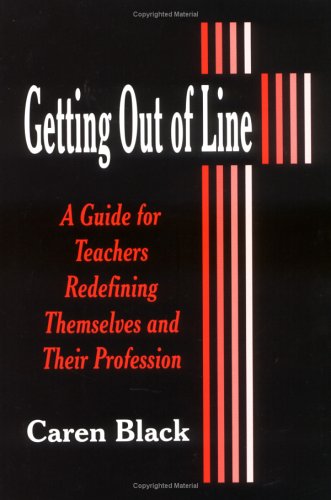Happiness Machines
Adam Curtis (b.1955, England) is a documentary filmmaker whose flair for narrative and drama infuses his intensive analyses of today’s enveloping techno-socio milieu and the powers it wields over us. Century of the Self is classic Curtis, highly informative, intriguing, and personally challenging, and therefore recommended.
While the information Curtis presents is all (less readily) available elsewhere, Curtis packages it in one dense yet accessible series of four films, "Happiness Machines" being first in the series and probably the most important. It was our first exposure to Edward Bernays, whose influence on the 20th and 21st centuries can hardly be exaggerated - so extensively have his ideas on techniques of mass psychology been employed by those seeking to establish power and control over a given populace. We present it here as a captivating introduction to Curtis' significant body of work, much of which is available for purchase and most of which is comprehensively reviewed and also previewed at theThoughtMaybe independent international film library.
As of 2016, Curtis had made 29 films, two-thirds of which focused on forms and uses of power in the global West (the others being more localized) and all of which deal with the machinations of power. More information and lists of his films are available on his BBC Blog, IMDB, and of course, Wikipedia. If you are unacquainted with this video journalist, we invite you to check him out and see what you think. - Ed.
The Engineering of Consent
This episode explores how those in power in post-war America used Freud's ideas about the unconscious mind to try and control the masses. Politicians and planners came to believe Freud's underlying premise - that deep within all human beings were dangerous and irrational desires and fears. They were convinced that it was the unleashing of these instincts that had led to the barbarism of Nazi Germany. To stop it ever happening again they set out to find ways to control this hidden enemy within the human mind.
There is a Policeman Inside All Our Heads; He Must Be Destroyed
In the 1960s, a radical group of psychotherapists challenged the influence of Freudian ideas in America. They were inspired by the ideas of Wilhelm Reich, a pupil of, who had turned against him and was hated by the Freud family. He believed that the inner self did not need to be repressed and controlled. It should be encouraged to express itself. Out of this came a political movement that sought to create new beings free of the psychological conformity that had been implanted in people's minds by business and politics.
Eight People Sipping Wine in Kettering
This episode explains how politicians on the left, in both Britain and America, turned to the techniques developed by business to read and fulfil the inner desires of the self. Both New Labour, under Tony Blair, and the Democrats, led by Bill Clinton, used the focus group, which had been invented by psychoanalysts, in order to regain power. They set out to mould their policies to people's inner desires and feelings, just as capitalism had learnt to do with products.







